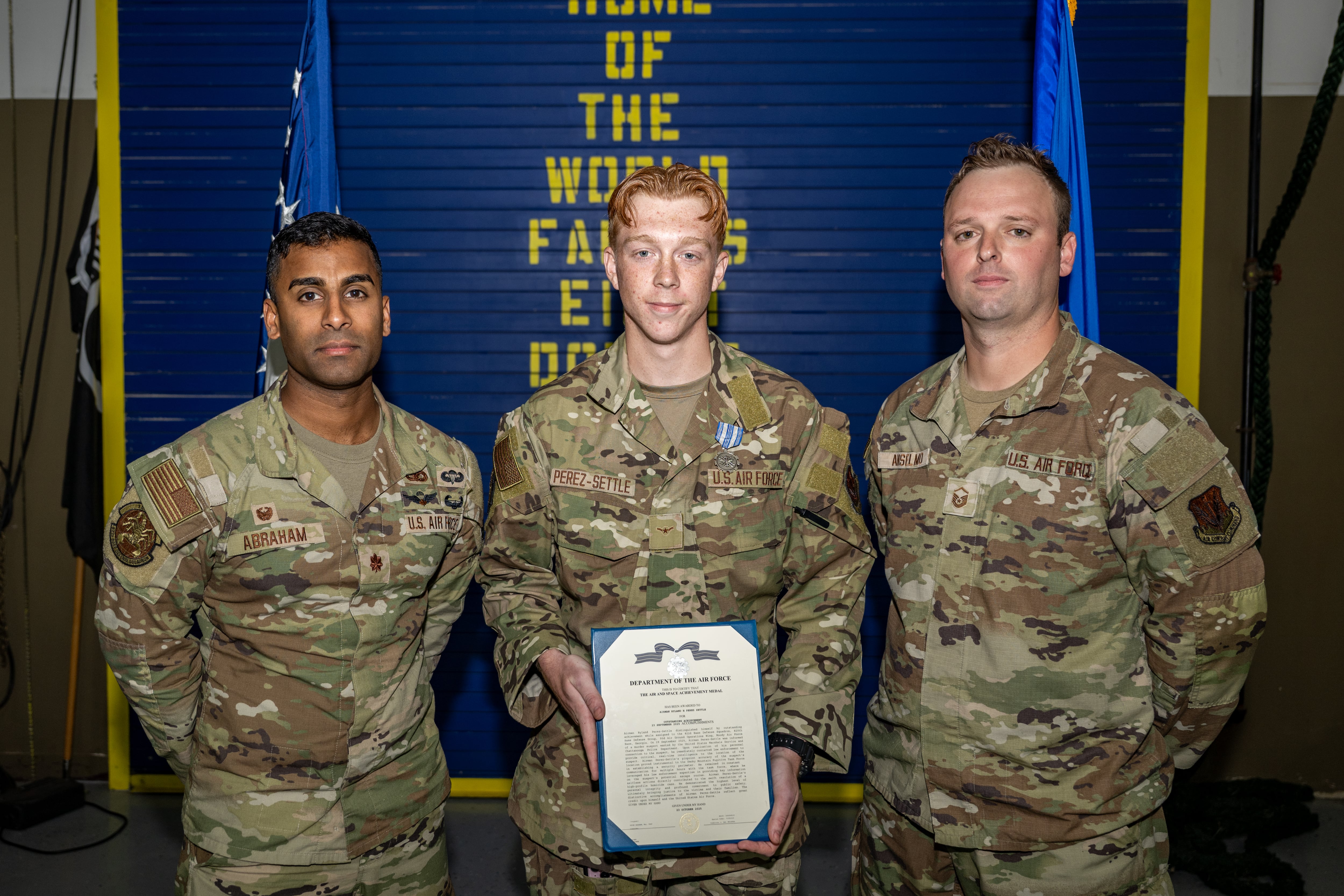This year's bruising presidential campaign focused more on military topics than most pundits predicted, but many troops and veterans will head to their polling places Tuesday feeling shortchanged.
That's because specifics on military policy and veterans assistance has largely taken a back seat to scandals and controversy. Advocacy groups have complained about the candidates using military families as props and punching bags, rather than experienced advisers.
Much of this angst began soon after Republican presidential nominee Donald Trump entered the race almost 17 months ago — when he ridiculed Arizona Sen. John McCain, a fellow Republican, for being taken prisoner during the Vietnam War. In the time since, Trump has publicly feuded with the parents of a soldier killed in Iraq, accused defense leaders of starting the latest Iraq offensive to damage his campaign, and vowed to fire many of the military's generals and admirals while maintaining he is smarter than most of them.
Trump has claimed he is "endorsed largely, at least conceptually, by the military."
And a recurring mantra throughout his campaign became "our military doesn’t win anymore," a statement intended to undermine the Democrats whom, Trump believes, are responsible for crippling the nation's defense capabilities. But many took it to be a dig at the troops themselves.
His opponent, Democratic presidential nominee Hillary Clinton, has fed this controversy, too, releasing a series of ads highlighting Trump’s missteps around the military and declaring him unworthy to serve as commander in chief.
She consistently touts her role in President Barack Obama’s decision to go after al Qaida leader Osama bin Laden, but Clinton has spent more time attacking Trump’s positions on foreign allegiances and Russian aggression than on her own tenure as secretary of State.
"We certainly have not seen the dedicated foreign policy debate that we have had in other elections," said Mieke Eoyang, vice president for Third Way’s national security program. "If we had a traditional Republican candidate in the race, we would have had different conversations. But as it is, this [campaign] felt like a lot of missed opportunities."
Thomas Wright, director of the Brookings Institution’s Project on International Order and Strategy, called this presidential campaign the starkest contrast in recent memory between candidates’ foreign policy positions. But Trump’s celebrity largely overshadows that, he said.
"A lot of people don’t take Trump seriously on anything, and call him inconsistent on his foreign policy," he said.
"But to me he has been very consistent, and I think he really is a foreign policy driven candidate. His message in a nutshell is that America is in trouble because of foreigners, and that’s his message on trade, national security, a host of issues. I think he cares more about foreign policy than any other issue, because it’s all connected."
Both campaigns enlisted high-profile surrogates to promote their national security messages, but that also turned into a controversy.
Retired Army Lt. Gen. Michael Flynn, who has served as Trump’s chief defense adviser, and retired Marine Gen. John Allen, a public voice for Clinton since the Democratic convention this summer, have received criticism for blurring the image of a non-partisan military leadership.
Despite that, both campaigns have continued to roll out growing lists of endorsements from former generals, Medal of Honor recipients and retired intelligence officials, most of whom offered more style than substance in their support.
Eoyang said that could continue after Election Day.
"Trump showed you can win a Republican primary now without knowing much about national security or the defense budget," she said. "At what point does that change the perception of other candidates looking to run?"
Leo Shane III covers Congress, Veterans Affairs and the White House for Military Times. He can be reached at lshane@militarytimes.com .
Leo covers Congress, Veterans Affairs and the White House for Military Times. He has covered Washington, D.C. since 2004, focusing on military personnel and veterans policies. His work has earned numerous honors, including a 2009 Polk award, a 2010 National Headliner Award, the IAVA Leadership in Journalism award and the VFW News Media award.





